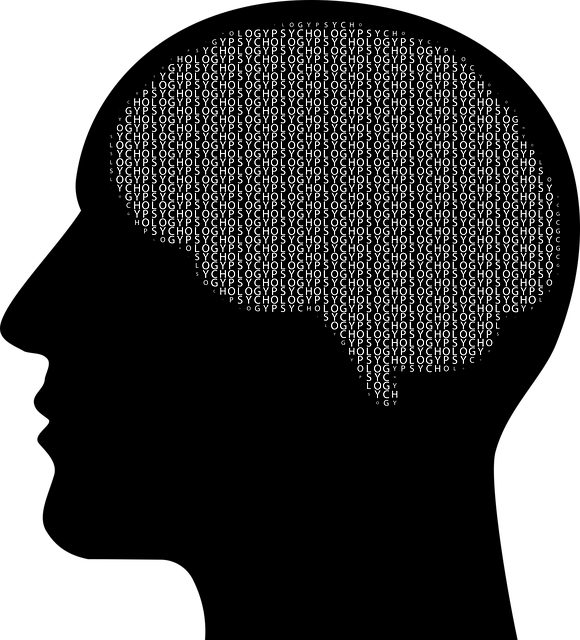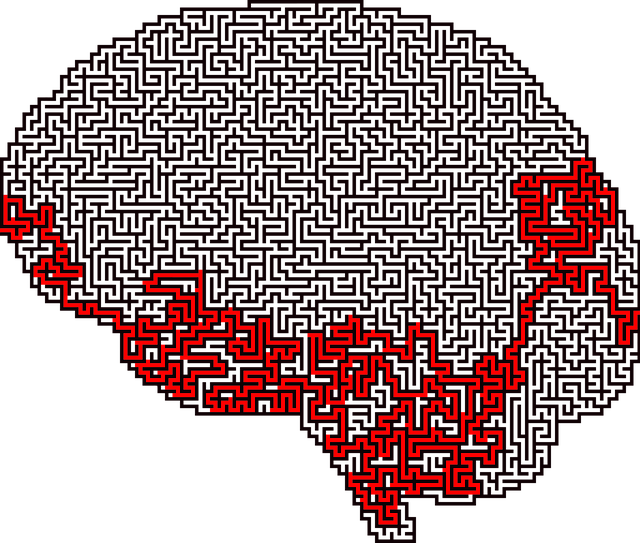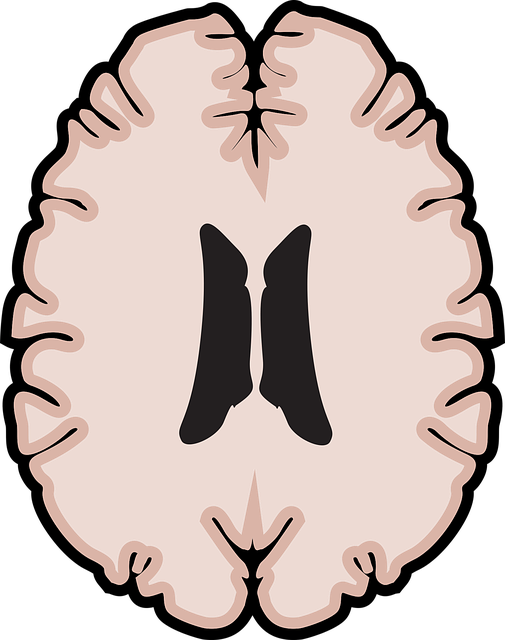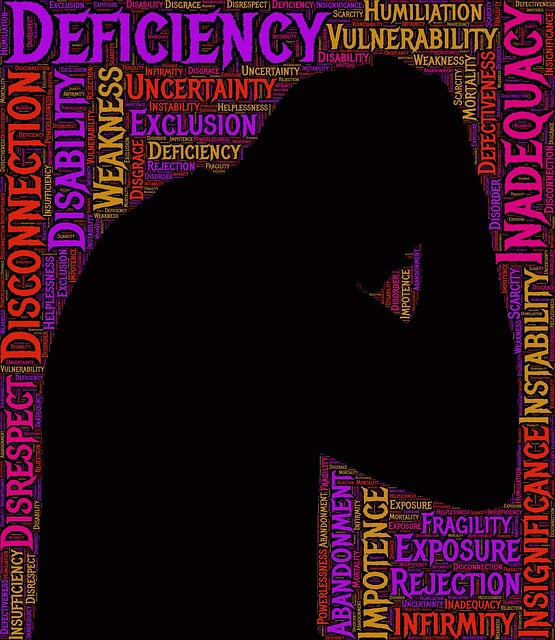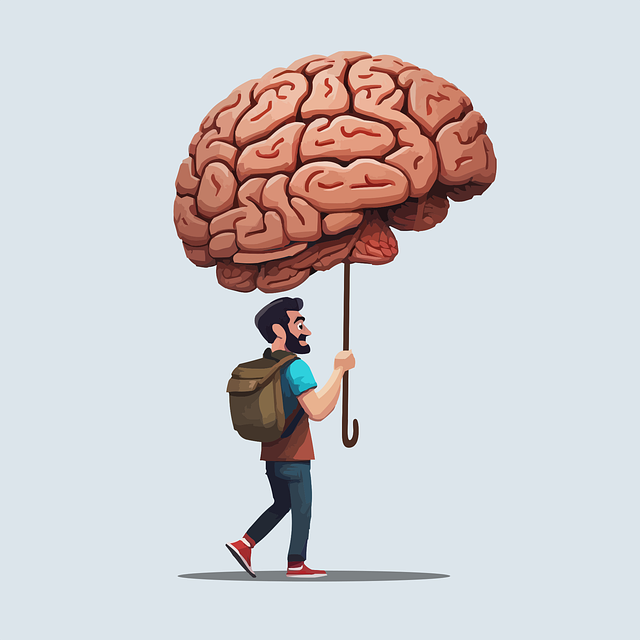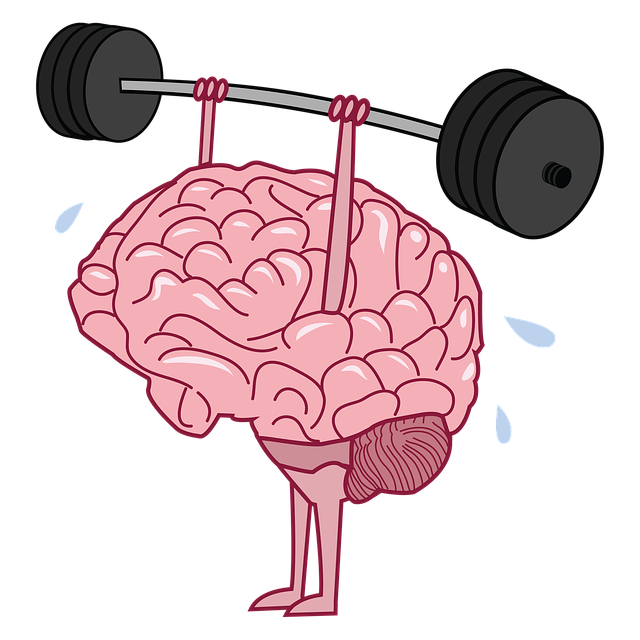Diagnosing mental health issues in young children (2-8 years old) is challenging due to limited communication skills and developing brains, often relying on parental observations. Acceptance and Commitment Therapy (ACT), combined with Social Skills Training and Self-Care Routine Development, empowers kids to manage internal experiences adaptively. Early identification through comprehensive risk assessments is crucial, as 1 in 6 children aged 2-8 experience disorders like anxiety or depression. Tailored ACT fosters emotional intelligence, teaching mindfulness skills to accept feelings without judgment and engage in valued activities, enhancing mental wellness and resilience.
Mental illness diagnosis in young children presents unique challenges, with early signs often overlooked due to age-related communication barriers and comorbidity. This article explores efforts to improve accuracy, focusing on Acceptance and Commitment Therapy (ACT) as a promising approach. ACT’s core principles, effectiveness against various mental health disorders, and ability to enhance assessment techniques make it a game-changer in diagnosis. We also delve into integrated strategies combining ACT with traditional tools, training healthcare professionals, and leveraging family involvement for more precise diagnoses.
- Understanding the Challenges of Mental Illness Diagnosis in Young Children
- – Prevalence and early signs of mental health issues in children
- – Factors contributing to diagnostic difficulties (e.g., age-related communication barriers, comorbidity)
Understanding the Challenges of Mental Illness Diagnosis in Young Children

Diagnosing mental illness in young children presents unique challenges. Their limited communication skills and developing brains can make it difficult to recognize and assess symptoms accurately. Many times, pediatricians and mental health professionals rely on parental observations and self-reported experiences from older children, which may not always be reliable indicators of a child’s internal struggles. This can lead to misdiagnosis or delayed treatment, exacerbating the impact of mental health issues on young individuals.
Acceptance and Commitment Therapy (ACT) is one therapeutic approach gaining recognition for its potential in treating childhood mental health disorders. ACT focuses on accepting difficult emotions while teaching children skills to enhance their ability to engage in valued activities, despite the presence of psychological distress. In conjunction with Social Skills Training and Self-Care Routine Development for Better Mental Health, ACT can empower young clients to navigate their internal experiences more adaptively. Additionally, implementing a comprehensive risk assessment for mental health professionals is crucial to identifying early warning signs and ensuring timely interventions for at-risk children.
– Prevalence and early signs of mental health issues in children

Mental health issues among children are becoming increasingly recognized as a significant concern worldwide. Early identification is crucial to ensure timely intervention and support for young minds. According to recent studies, an estimated 1 in 6 children aged 2-8 years old experience a mental health disorder, with anxiety and depression being the most prevalent. These disorders often manifest in subtle ways, making it essential for parents, caregivers, and educators to be aware of potential early signs. Common indicators include persistent feelings of sadness or irritability, significant changes in appetite or sleep patterns, difficulties concentrating, and social withdrawal.
One effective approach gaining traction is Acceptance and Commitment Therapy (ACT), tailored for young children. ACT focuses on fostering emotional intelligence and developing inner strength to manage distressing thoughts and emotions. By teaching children mindfulness skills, this therapy empowers them to accept their feelings without judgment and engage in actions aligned with their values. This not only enhances mental wellness but also promotes resilience and adaptability, crucial components for a child’s overall well-being. Additionally, integrating emotional intelligence into the early years through interactive activities and discussions can further support the development of healthy coping strategies, setting them up for success in navigating future challenges.
– Factors contributing to diagnostic difficulties (e.g., age-related communication barriers, comorbidity)

Mental illness diagnosis can be challenging due to various factors that contribute to its complexity. One significant hurdle is age-related communication barriers, especially when assessing young children. Children may struggle to articulate their feelings and experiences, making it difficult for healthcare professionals to interpret their symptoms accurately. For instance, a child with anxiety might exhibit signs of restlessness and avoidance but be unable to express the underlying distress, leading to misdiagnosis or delayed treatment.
Comorbidity, or the presence of multiple mental health disorders simultaneously, is another critical challenge. Common comorbidities in young individuals include attention-deficit/hyperactivity disorder (ADHD) and oppositional defiant disorder (ODD), which can mask or complicate the presentation of other conditions. Effective diagnosis requires a thorough assessment that considers these comorbidities to ensure tailored treatment plans. Strategies such as Acceptance and Commitment Therapy (ACT) have shown promise in addressing these difficulties, particularly in children, by fostering self-awareness and coping mechanisms while building empathy between therapists and young clients to facilitate better communication.
Mental illness diagnosis in young children remains a complex challenge, but ongoing efforts to enhance accuracy are promising. By increasing awareness of early signs and addressing contributing factors like communication barriers and comorbidity, we can improve outcomes for these vulnerable individuals. Integrating evidence-based therapies such as Acceptance and Commitment Therapy (ACT) offers a promising path forward. Through collaborative efforts between healthcare professionals, educators, and families, we can ensure that young children receive the appropriate support and care they need to thrive.

